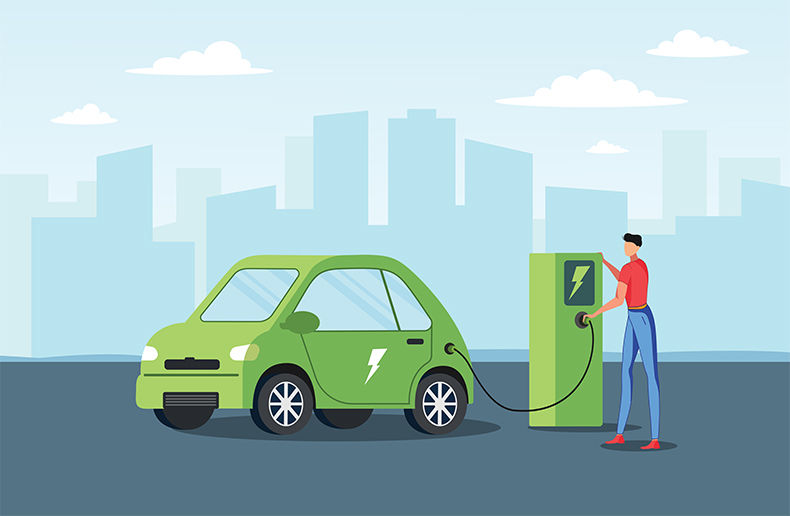Morningstar DBRS analysts gathered for a webinar recently to discuss how momentum in zero-emission and hybrid vehicle sales could affect Canadian auto insurance premiums.
Rates are going up, they say, and electric vehicle (EV) drivers should expect to pay more for insurance once they start replacing their internal combustion engine (ICE) vehicles. They also say insurers will need to adjust their pricing models as more EV claims data are generated.
“Canada’s auto insurance market is unique from other jurisdictions in that insurance policies are highly regulated by provincial governments. This could help mitigate the impact of rate increases but rates are still likely to trend upward over time,” they state.
Costly to repair
The vehicles are more costly to insure because they’re costly to repair and the technicians needed to repair them are “far too few,” says Victor Adesanya, vice president, North American insurance ratings with Morningstar DBRS. “The insurance companies need to pay for the extra expensive parts and also the expertise needed to repair them.” The cost of batteries too is causing insurers to write off vehicles with little other damage because the cost of a new battery can exceed the cost of a new EV altogether.
They say the transition to EVs in Canada has been slower than in some European jurisdictions because of the different levels of incentives. In Canada, they add that more pragmatic reasons include range concerns and temperature variances affecting the car’s performance. “I think there’s still some room for the product itself to develop further, somewhat,” says Robert Streda, senior vice president, diversified industries.
Auto insurance being regulated by the provinces in Canada, meanwhile, may mean that consumer won’t see shocks – double digit increases – because regulators have the authority to reject those decisions. “It’s going to be a mitigating factor for rate increases,” says Adesanya.
“I think the pool of EVs is still not significant enough to change the market,” he adds. “For those who have an auto collision or bad driving record, maybe they’ll see premiums go up, but so far, the industry isn’t registering significant rate hikes because of the EVs. Because we don’t have enough of them right now,” he says.
“Within the next five to 10 years you will start seeing some changes in the market as people start replacing their old vehicles with new ones.”
Related:
Insurance and collision repair industries being reshaped in the United States







